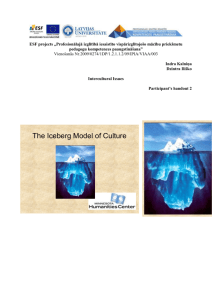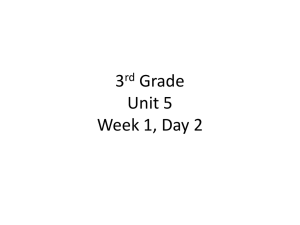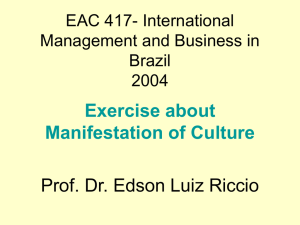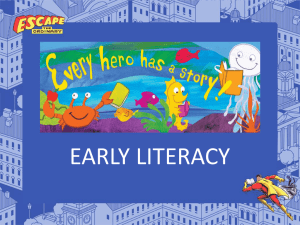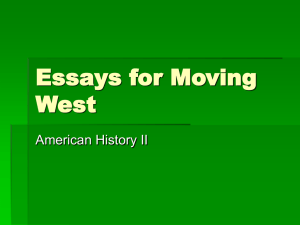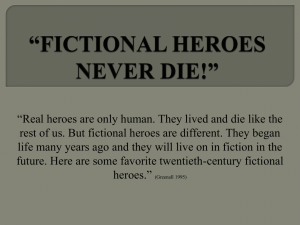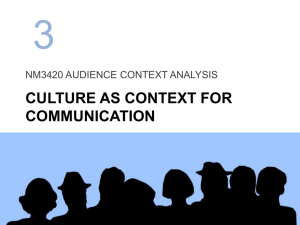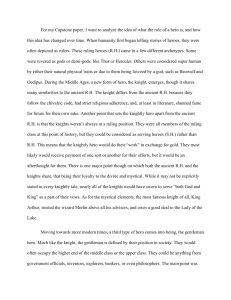start with quotes/anecdotes twitter, salaita berkeley dean on civility
advertisement
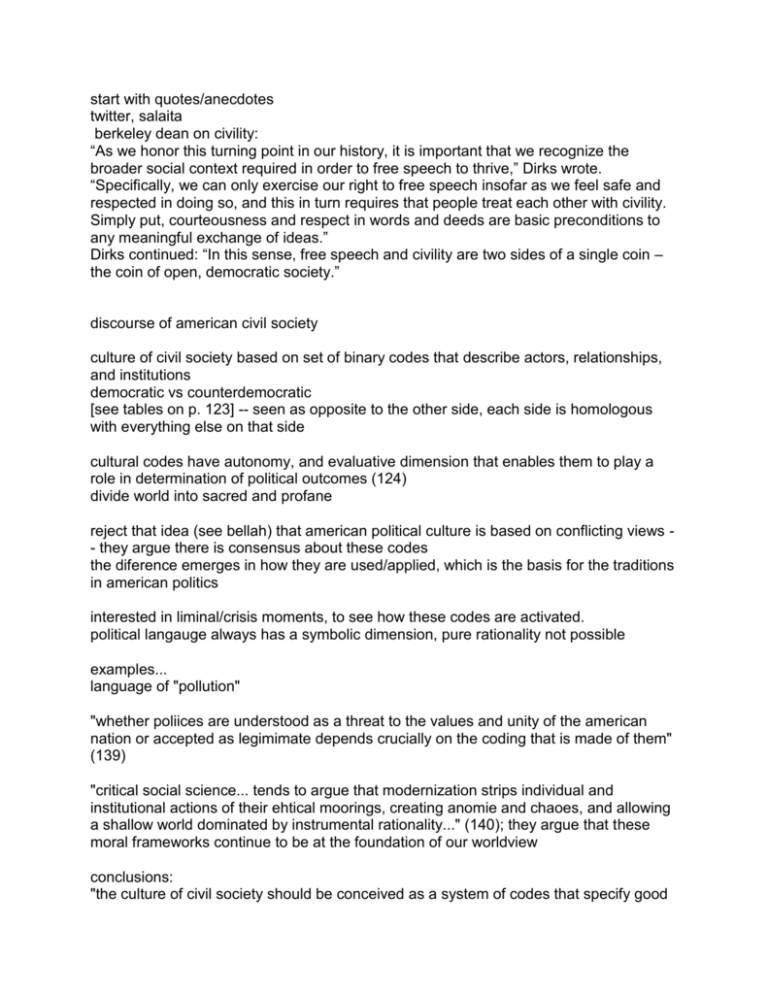
start with quotes/anecdotes twitter, salaita berkeley dean on civility: “As we honor this turning point in our history, it is important that we recognize the broader social context required in order to free speech to thrive,” Dirks wrote. “Specifically, we can only exercise our right to free speech insofar as we feel safe and respected in doing so, and this in turn requires that people treat each other with civility. Simply put, courteousness and respect in words and deeds are basic preconditions to any meaningful exchange of ideas.” Dirks continued: “In this sense, free speech and civility are two sides of a single coin – the coin of open, democratic society.” discourse of american civil society culture of civil society based on set of binary codes that describe actors, relationships, and institutions democratic vs counterdemocratic [see tables on p. 123] -- seen as opposite to the other side, each side is homologous with everything else on that side cultural codes have autonomy, and evaluative dimension that enables them to play a role in determination of political outcomes (124) divide world into sacred and profane reject that idea (see bellah) that american political culture is based on conflicting views - they argue there is consensus about these codes the diference emerges in how they are used/applied, which is the basis for the traditions in american politics interested in liminal/crisis moments, to see how these codes are activated. political langauge always has a symbolic dimension, pure rationality not possible examples... language of "pollution" "whether poliices are understood as a threat to the values and unity of the american nation or accepted as legimimate depends crucially on the coding that is made of them" (139) "critical social science... tends to argue that modernization strips individual and institutional actions of their ehtical moorings, creating anomie and chaoes, and allowing a shallow world dominated by instrumental rationality..." (140); they argue that these moral frameworks continue to be at the foundation of our worldview conclusions: "the culture of civil society should be conceived as a system of codes that specify good and evil" (151) culture has causal autonomy -- not just reflection of material systems codes inform action in 2 ways 1) they are internalized, provide foundation for a strong moral imperative 2) they are publicly available resources to judge and hold accountable actions of actors and institutions argument: "conflicts at the social-structural level need not necessarily be acommpanied by divergent values or ideologies at the ideational level. to the contrary, conflictin gparties within the civil society have drown on the sam symbolic code to forumulate their particular underatnading and to advance their competing claims" (152) "political legitimacy and action in the "real world" are criticially dependent on the processes by which contingent events and persons are arrayed in relation to the imagined one" 152) to understand american politics, you have to understand its culture, which means you have to undestand the codes PERFORMANCE OF POLITICS narrative is everything -- what's the story? why does this matter in politics? why do we need heroes? civil hero vs. martial hero what do heroes need? a story of overcoming odds, a destiny, a "hinge of history" hope vs. danger but heroes have "shadows" -- the hubris, the "celebrity", the disconnectedness from us "normal" people -- heroes must be "modest" working the binaries (same binaries as in older chapter...) campaigns work the binaries to simplify all the issues, to create "semiotic alignment" (90) try to avoid "pollution" the voter: always rational, always civil, always independent, honest, wise, always "right" -- at least that's what they tell us... candidates cannot show contempt for (any) voters see, for example, new hampshire (or, closer to home, the way we discuss town meetings in vermont...) obama moves to the center, mccain to the right how can you "change" and remain the same? must be flexible, not rigid -- must "work the binaries" to realign seemingly out of whack actions [one more binary: pragmatic shifts vs. deceitful flip-flops] heroes do not flip flop! they can be pragmatically flexible, though... is code a noun or a verb?(see, e.g., p. 105) mccain is war hero? but what if there is no war? then he is a maverick... walking the boundaries (not to be read, but to be considered...) how are people, actions, institutions excluded? race gender religion others? Most importantly, cannot accept D’s insistence that these rituals of pollution and cleansing increase social solidarity In fact, modern rituals are always incomplete and indecisive The people who thought Nixon was right in his prowar anti diversity stances stood by him and new people were reinvigorated to join the political backlash from Reagaon onIn other words, the conflict between groups did not go away, once and for all, but was controlled by one side and then the other From all of these I think we put together some useful Durkheimian tools for examining modern social life: Rituals to establish what is: Sacred/Profane Pollution/Cleansing Divine Rewards/Punishment Rituals can occur through any symbolic system (or system of signs): Language Actual symbols- like flags Fashion Songs, movements, poses, postures, etc.
